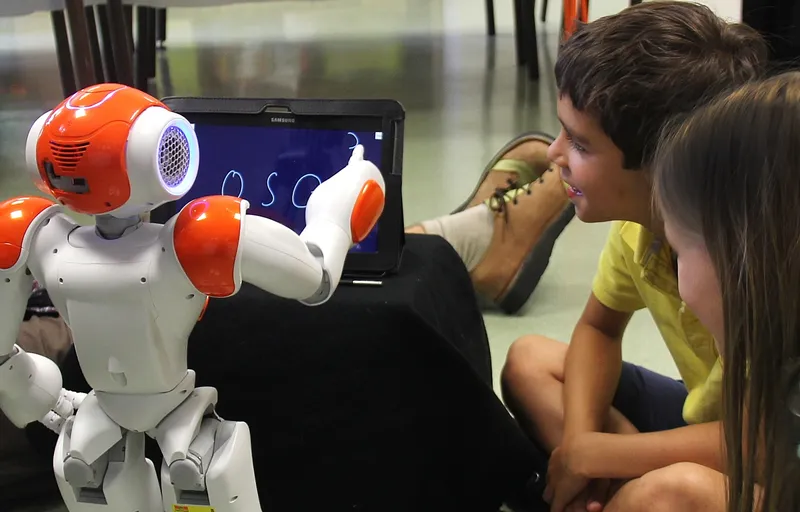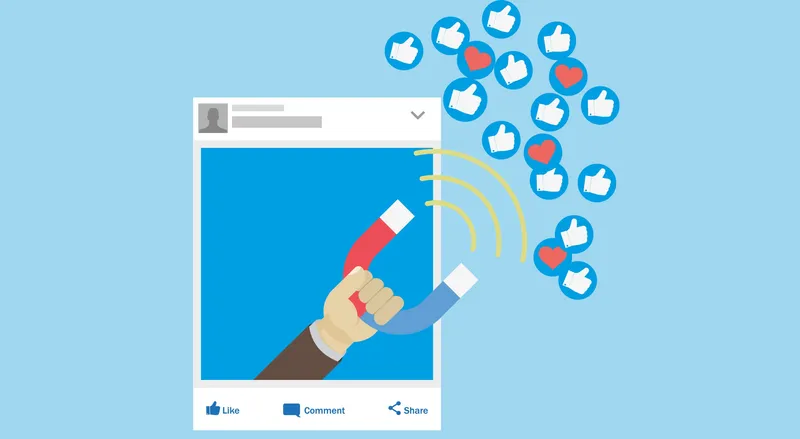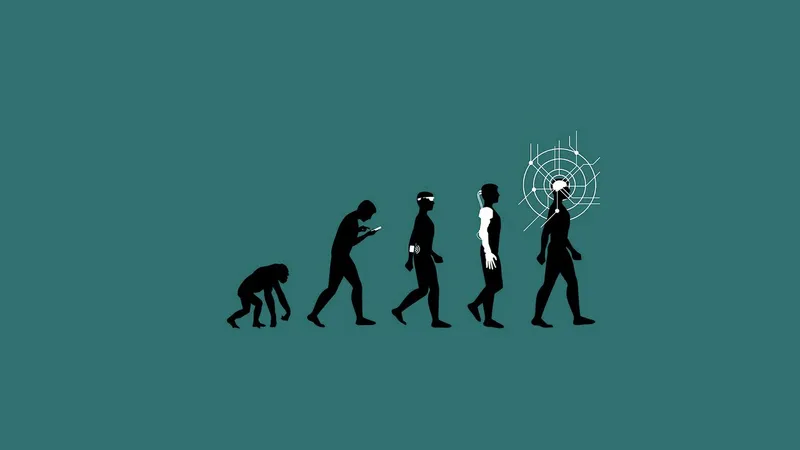

Effects of ML and AI on the marketing style and the economy as a whole
Our life has transformed as we transition from an analogue to a digital world. We are connected 24*7 through technology. Apart from connected devices, cloud computing and artificial intelligence (AI), our world seems digitized in more ways than one. Our workplace has transmuted due to the impact of digitization. The business planning cycles have shrunk from years to months and now weeks. The workplace has transformed into spending more time with laptops and gadgets rather than people working in the same office.

Business models are being disturbed. Technology like AI, data analytics and cloud computing are changing the way we think and respond to our customers. The response time has drastically reduced and the definition of competition has changed. What is impossible today becomes a reality tomorrow. Our customers and competitors are getting redefined after the revolutionary digitization.
The use of Artificial Intelligence was thought of as a marketing technology that only large businesses could use, but today, even smaller businesses can apply artificial intelligence to help with marketing initiates across the customer lifecycles at reasonable cost. And, while the amount of information on potential consumers grows, computer sciences related to AI (like machine learning and deep learning) will be of utmost importance when making data-based decisions. For example, earlier TV was a very important marketing channel but its benefits were not data centric. However, now after the digital revolution, the data for target audience can be set and at the same time we can measure the number of hits. So, now the success rate, on most occasions, can be measured. Consumer sentiments can be statistically measured and strategies are being formed with flexibilities to incorporate the real-time data analysis. In fact, we at Outsourced CMO strategize the marketing plans for our partners using various data-centric techniques. The approach has significantly increased the target ROI for most of our campaigns.
AI is not only able to generate data but also curate it. The content curation involves assembling, managing and presenting the data collected into meaningful interpretation. This technology is commonly used to make personalized content recommendations that the user may find interesting, such as the typical, ‘people who buy X also buy Y’ like we constantly see on Amazon. In fact, this marketing style definitely affects the consumer choices as people do stop and consider such options put up before them while they are searching for products online. Similarly Netflix’s recommendation system can also give you suggestions for movies and TV shows you might find interesting. And it’s pretty accurate.
Brands are using the power of AI to personalize email marketing campaigns based on preferences and user behaviors. This makes it possible to better connect with them and, with a bit of luck, turn them into clients. Machine learning or automatic learning can analyze millions of data about the consumer to then determine the best time and day of the week to contact the user, the recommended frequency, the content that catches their attention and what email subjects and titles generate more clicks.

Digital advertising is, without a doubt, the area of digital marketing that has today implemented artificial intelligence. For example, Facebook and Google advertisement platforms are using machine learning and artificial intelligence to find people more prone to making the advertiser’s desired action. To achieve this, they analyze the user’s information, like their interests, demographics, and other aspects to learn and detect the best audience for their brand. The team at Outsourced CMO is one of the most experienced in terms of digital advertising and the use of data generated through artificial intelligence. The priority is always to offer quality consulting by being a part of the existing marketing team or to build up a team that reinforce the signature brand at all touch points with current and future clientele.
This whole digitization and machine orientation is good overall for jobs and the economy. However there’s a real fact that there will be some dislocations, because some of the jobs and roles will be displaced in the future to come and the machine will completely take over most human oriented tasks within an organization. There is a real need for focus on education and re-training to make sure we are preparing the current workforce for the transition that’s coming up.
It should be noted here that humans still hold an advantage over current AI systems in occupations that require social/emotional intelligence, creativity, or high-levels of manual dexterity. At the same time many industries are already seeing the human impact of smart technologies with increased number of layoff due to automation.

It is time to challenge ourselves. Digital technology has been invented to make our life better and more comfortable. It is up to us to use technology effectively. To conclude, economics, government policies and social attitude will play major roles in acceptance and transition to an AI dominated culture.





